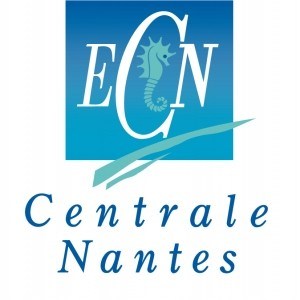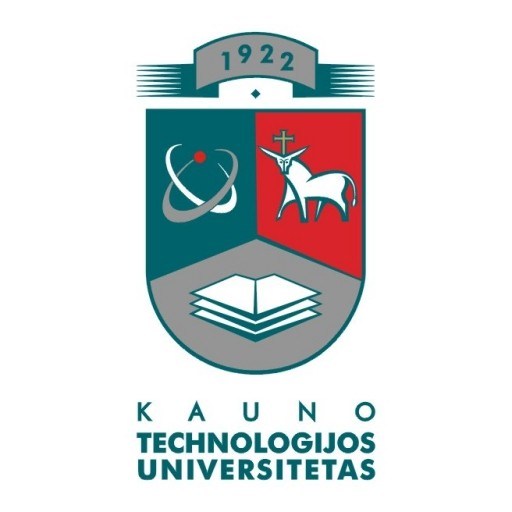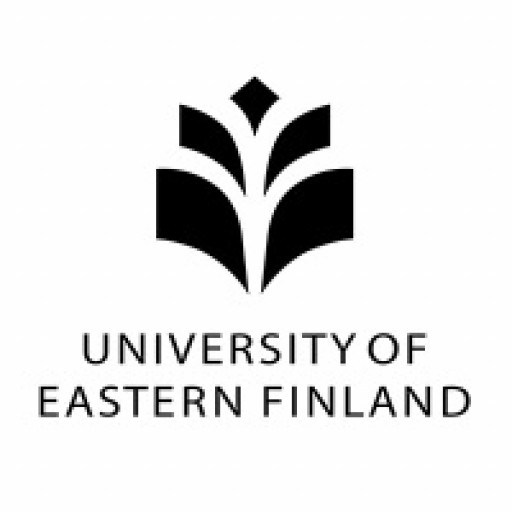Photos of university / #centralenantes
The Master's Degree in Computational Mechanics at Centrale Nantes offers a comprehensive and in-depth Education for students seeking to specialize in the modeling, simulation, and analysis of mechanical systems and materials. Designed to prepare graduates for advanced roles in research, industry, and innovation, the program combines rigorous theoretical foundations with hands-on practical experience. Students will explore a wide range of topics including continuum mechanics, finite element methods, fluid dynamics, structural analysis, and numerical algorithms, allowing them to develop a profound understanding of the physical principles governing mechanical phenomena. The curriculum emphasizes the application of computational techniques to solve complex real-world problems across various sectors such as aerospace, automotive, energy, and manufacturing. Throughout the program, students are encouraged to engage in interdisciplinary projects, collaborating with researchers and industry partners, which enhances their ability to work in diverse teams and tackle cutting-edge challenges. The program also offers opportunities for specialization in areas such as multiphysics simulations, optimization, and machine learning applied to mechanics. Students benefit from state-of-the-art laboratories, simulation software, and a vibrant academic environment led by experienced faculty members actively involved in research. Graduates of this program will be equipped with the skills required for careers in research and development, engineering, or to pursue doctoral studies. By fostering an environment of innovation and scientific excellence, the MSc in Computational Mechanics at Centrale Nantes aims to shape the next generation of engineers and researchers capable of advancing the frontiers of mechanical sciences.
The MSc in Computational Mechanics at Centrale Nantes offers a comprehensive interdisciplinary education designed to prepare students for advanced careers in engineering, research, and industry. This program focuses on the development and application of computational tools to analyze and simulate complex mechanical systems, ensuring students acquire both theoretical foundation and practical expertise. Throughout the curriculum, students delve into numerical methods, finite element analysis, multibody dynamics, and fluid-structure interaction, gaining a deep understanding of how to model and solve real-world engineering problems. The program emphasizes a hands-on approach, with numerous laboratory sessions, project work, and collaborations with industry partners, enabling students to apply their knowledge to practical challenges. Students also have the opportunity to specialize in areas such as aeronautical engineering, automotive engineering, or energy systems, tailoring their education to their career goals. The program is designed with a strong international dimension, promoting cultural exchanges and international collaborations. Students benefit from state-of-the-art laboratories and computational resources, complemented by expert faculty members renowned for their research and industry experience. Graduates leave the MSc with the skills required to innovate in the field of computational mechanics, whether in research institutions, manufacturing industries, or technology startups. The program aims to produce highly qualified engineers capable of contributing to technological advancements and sustainable development through advanced numerical modeling and simulation techniques.
Program requirements for the MSc in Computational Mechanics at Centrale Nantes typically include a completed undergraduate degree in mechanical engineering, civil engineering, aerospace engineering, or a related field with a strong foundation in mathematics, physics, and engineering principles. Applicants are expected to demonstrate proficiency in analytical and numerical methods, programming skills, and familiarity with computational tools. Prior experience in finite element analysis, fluid dynamics, and structural mechanics is advantageous. A solid academic record, usually reflected through transcripts demonstrating coursework relevant to computational modeling, mechanics, and software engineering, is essential. Candidates must submit proof of language proficiency in English, such as TOEFL or IELTS scores, if English is not their first language. Additionally, a motivation letter outlining the applicant's interest in computational mechanics and career objectives should be provided. Letters of recommendation from academic or professional references that can attest to the applicant’s technical skills and academic potential are required. The admission process may include an interview or assessment of technical knowledge. Applicants with relevant professional experience in mechanical simulation or related industries may also be considered favorably. The program emphasizes interdisciplinary skills, so knowledge in computer programming (such as Python, C++, or MATLAB), modeling techniques, and software tools like ANSYS or Abaqus can strengthen the application. The course encourages students to have analytical thinking, problem-solving capabilities, and teamwork skills to succeed in complex modeling projects. As part of the admission criteria, applicants should adhere to the deadlines specified by the admissions office and ensure all documentation, including academic certificates and language test scores, are submitted correctly. Scholarship opportunities and financial aid options may be available for qualified students. Overall, the requirements aim to select candidates with a solid technical background, a keen interest in computational mechanics, and the potential to contribute to research and industry applications within the field.
The MSc in Computational Mechanics at Centrale Nantes offers a diverse range of financing options for prospective students. Tuition fees are calculated annually and vary depending on the student's nationality, with European Union students paying different rates than international students. For the latest academic year, the tuition fee for European students is approximately €3,500, while non-EU students are charged around €8,500. In addition to tuition fees, students should consider living expenses in Nantes, which includes accommodation, food, transportation, and personal expenses. Estimated living costs are roughly €900 to €1,200 per month, depending on lifestyle and accommodation choices.
Financial aid and scholarship opportunities are available to support students throughout their studies. Centrale Nantes provides various scholarships specifically for international students, including merit-based scholarships that recognize academic excellence, as well as need-based financial assistance. Some scholarships are sponsored by industry partners or private foundations aiming to promote engineering education. Applicants are encouraged to check the official university website or contact the admissions office for detailed information on available scholarships, eligibility criteria, and application procedures.
Students can also explore external funding options, such as national grants or European Union funding programs like Erasmus+. Erasmus+ provides mobility grants for students participating in exchange semesters or internships within Europe, covering travel and subsistence costs. Additionally, some students may secure loans or sponsorships from their home country or private organizations. The university often assists students in applying for these external funds by providing guidance and supporting documentation.
Part-time work is another feasible method of financing future studies. Nantes offers numerous job opportunities for students, including roles in university facilities, local businesses, research labs, or teaching assistant positions, which can help offset living costs. However, students should ensure that work commitments do not interfere with their academic progress and adhere to the visa regulations if they are international students.
Students are advised to plan their finances early and explore all available options well before commencing their studies. Detailed information about tuition fees, scholarships, financial aid, and external funding opportunities is published annually on the official Centrale Nantes website and through the admissions office. Prospective students should review these resources carefully and consider applying for multiple funding sources to effectively finance their education in computational mechanics.
The Master’s Degree in Computational Mechanics at Centrale Nantes is a highly specialized program designed to equip students with advanced skills in the modeling, simulation, and analysis of mechanical systems using computational methods. The programme aims to prepare graduates for careers in research and development, engineering consultancy, and industry sectors such as aerospace, automotive, energy, and materials. The curriculum combines theoretical foundations in mechanics with practical training in numerical methods, computer programming, and software tools essential for computational mechanics. Students gain expertise in finite element analysis, finite volume methods, multiscale modeling, and optimization techniques, allowing them to solve complex engineering problems effectively. The program also emphasizes interdisciplinary collaboration, encouraging students to work on real-world projects that require integrating knowledge from various engineering fields. Courses are taught by experienced faculty members specializing in computational mechanics, computational physics, and applied mathematics. The master’s program includes lectures, laboratory sessions, project work, and internships that provide hands-on experience with industry-standard simulation software such as ANSYS, Abaqus, and open-source tools. Students are typically offered opportunities to participate in research projects alongside faculty, fostering innovation and contributing to advancements in computational methods. The program duration is generally two years, with the possibility of studying one year as part of an exchange program through Erasmus+ or other international agreements, enhancing cultural exchange and international experience. Graduates of the program are well-positioned to pursue Ph.D. studies or to enter the workforce in roles that require high-level computational skills. They benefit from Centrale Nantes’s strong links with industry and research institutions, offering a robust network for career development. Overall, the Master’s Degree in Computational Mechanics at Centrale Nantes provides a comprehensive education combining theoretical knowledge, computational skills, and practical experience, designed to meet the demands of modern engineering industry and research environments.










